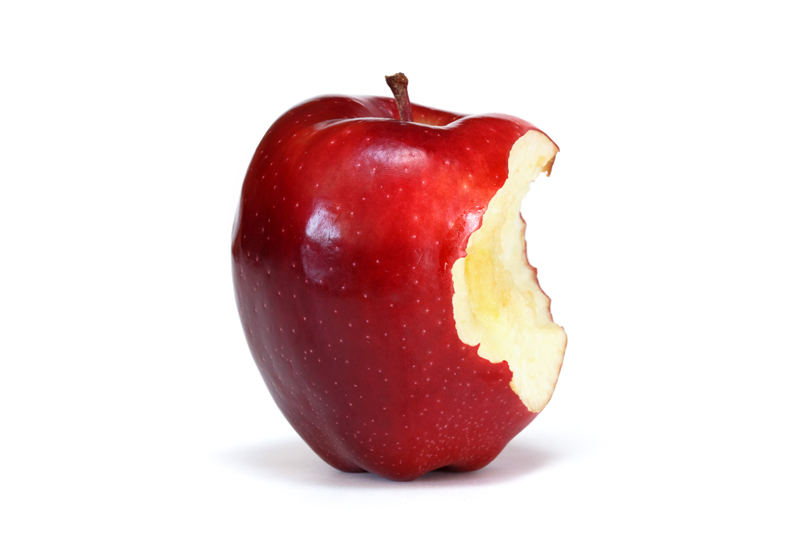Information On Calcium

Calcium as you know is very important for the strength and health of your bones and teeth it also plays a critical part in several other body functions. About 99 percent of your calcium is stored in your skeleton and only one percent calcium is found in bodily fluids like blood-that tiny bit of calcium plays some very important roles.
It helps nerve impulses travel around, helps keep your blood pressure normal and helps in clotting your blood. Your muscles, including your heart need calcium to contract. Without it your heart would be unable to keep beating regularly.
You need a daily supply of calcium to keep your bones from being depleted of calcium. If you do not have enough calcium-your body will withdrawn calcium from your bones in order to maintain calcium levels in the blood. Also, not getting enough calcium will eventually cause fragile bones that easily break.
Calcium is a mineral that is vital for the following
Vitamin D can help improve calcium absorption. Your body can obtain vitamin D from food and it can also make vitamin D when your skin is exposed to sunlight.
The amino acid lysine is necessary for calcium absorption. Food sources of lysine include eggs, fish, lima beans, potatoes, and soy products.
Alcohol can affect calcium by reducing the intestinal absorption of calcium. It can also inhibit enzymes in the liver that help convert vitamin D to an active form, which will reduces calcium absorption
Junk foods, coffee, excess salt and or white flour products leads to loss of calcium from the body.
If you’re thinking about taking calcium supplement talk to your doctor he/she will help find the right supplement for you.
This information is for informational purpose only and is not intended to replace the care or advice of a physician.
It helps nerve impulses travel around, helps keep your blood pressure normal and helps in clotting your blood. Your muscles, including your heart need calcium to contract. Without it your heart would be unable to keep beating regularly.
You need a daily supply of calcium to keep your bones from being depleted of calcium. If you do not have enough calcium-your body will withdrawn calcium from your bones in order to maintain calcium levels in the blood. Also, not getting enough calcium will eventually cause fragile bones that easily break.
Calcium is a mineral that is vital for the following
- formation of strong bones and teeth and for the maintenance of healthy gums
- regular heart beat
- transmission of nerve impulses
- lowering cholesterol levels
- prevention of heart and circulatory disease
- formation of muscle
- muscle contraction
- prevention of muscle cramps
- blood clotting after you're cut or injured
- prevention of cancer
- protein structure of RNA and DNA
- activation of enzymes, including lipase, which breaks down fats
- proper maintenance of cell membrane permeability
- correct neuromuscular activity
- healthy skin
- prevention of pre-eclampsia during pregnancy (the number 1 cause of maternal death)
- protection of bones and teeth from lead
- sardines
- salmon with bones
- seafood
- green leafy vegetables
- almonds
- asparagus
- blackstrap molasses
- broccoli
- buttermilk
- cabbage
- cheese (soy)
- chickory
- collards
- dandelion greens
- fennel
- figs
- filberts
- flaxseeds
- goat's milk
- kale
- kelp
- mustard greens
- oats
- parsley
- peppermint
- prunes
- sesame seeds, ground or pulverized seed for best absorption of calcium
- tofu
- turnip greens
- watercress
- whey
- yogurt
Vitamin D can help improve calcium absorption. Your body can obtain vitamin D from food and it can also make vitamin D when your skin is exposed to sunlight.
The amino acid lysine is necessary for calcium absorption. Food sources of lysine include eggs, fish, lima beans, potatoes, and soy products.
Alcohol can affect calcium by reducing the intestinal absorption of calcium. It can also inhibit enzymes in the liver that help convert vitamin D to an active form, which will reduces calcium absorption
Junk foods, coffee, excess salt and or white flour products leads to loss of calcium from the body.
If you’re thinking about taking calcium supplement talk to your doctor he/she will help find the right supplement for you.
This information is for informational purpose only and is not intended to replace the care or advice of a physician.
You Should Also Read:
Simple Self-Help For High Blood Pressure

Editor's Picks Articles
Top Ten Articles
Previous Features
Site Map
Content copyright © 2023 by Victoria Abreo. All rights reserved.
This content was written by Victoria Abreo. If you wish to use this content in any manner, you need written permission. Contact Victoria Abreo for details.



